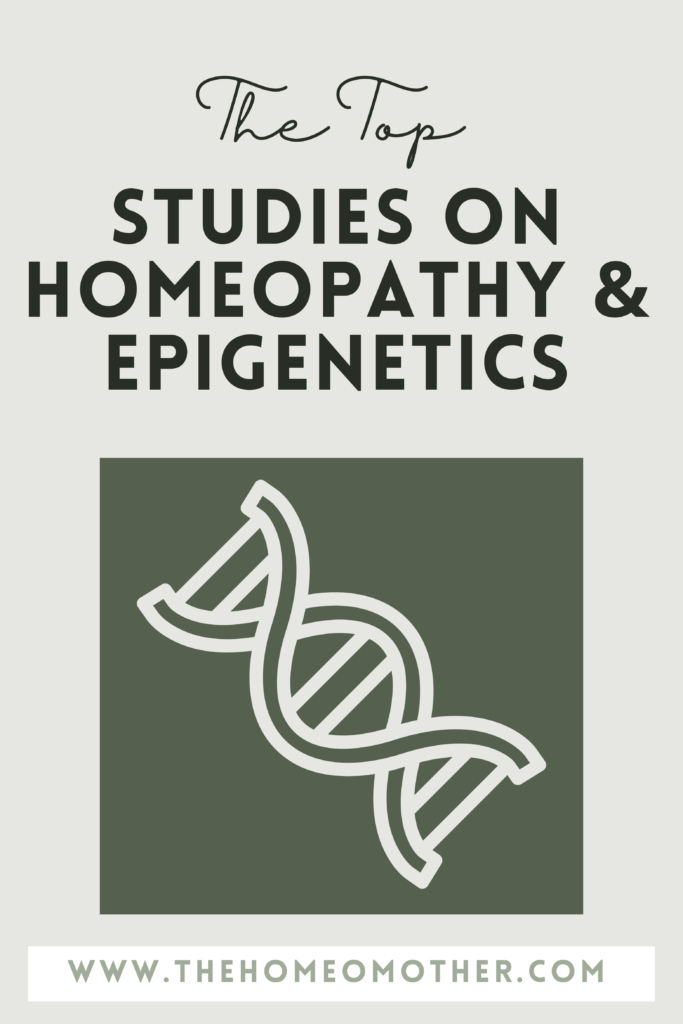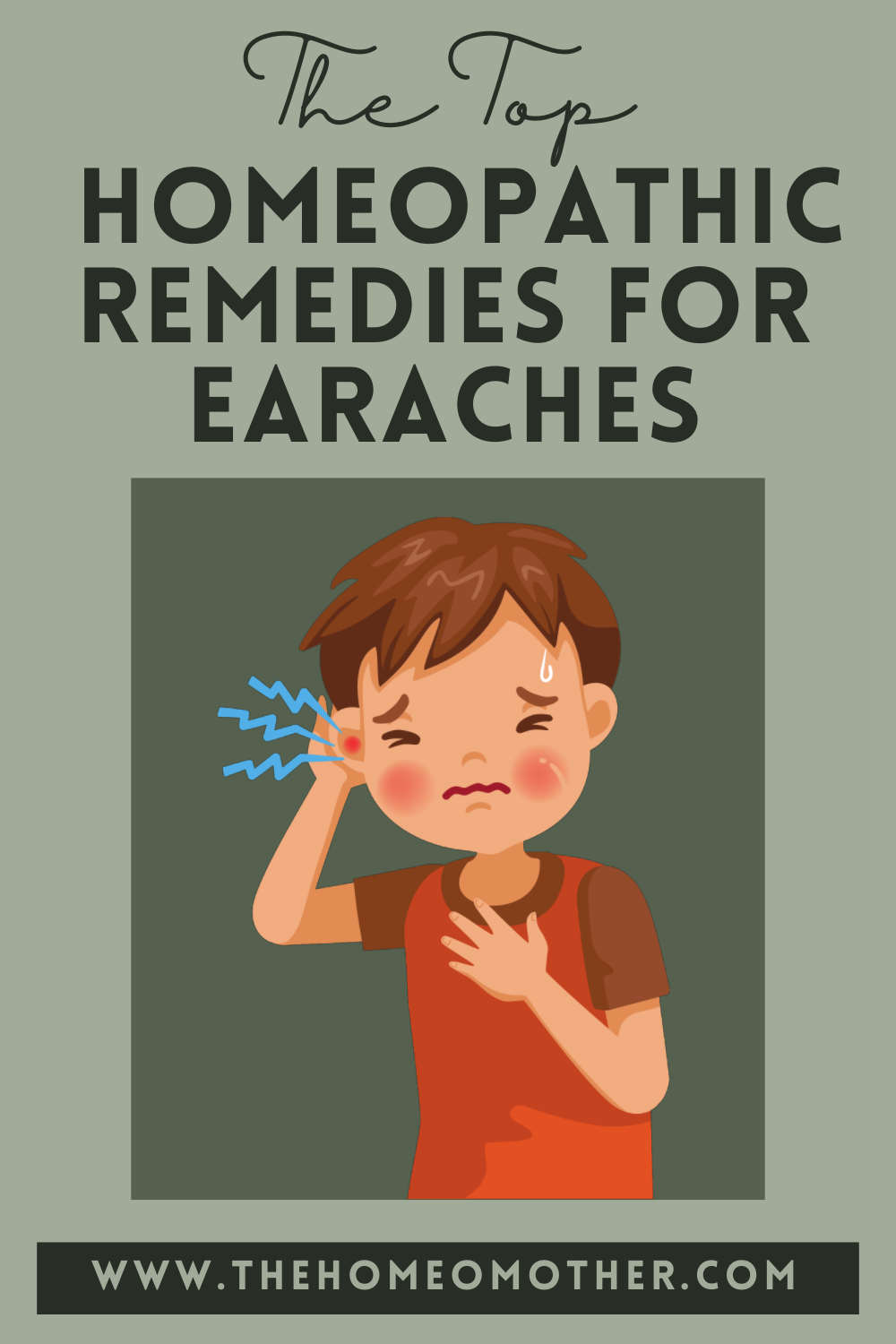The Top 5 Recent Studies on Homeopathy & Epigenetics

Homeopathy is often mocked.
It has been called a placebo.
Unscientific.
And even ridiculous.
Yet those who use it, completely swear by it —
Some have been so blown away by it they complete change their careers to become homeopaths (ie: Amy Lanksy, former NASA PhD who became a homeopath when it reversed her son’s autism, you can check out her book here).
So what exactly is the deal with homeopathy?
Recent studies, especially in India, are showing that homeopathy may actually be working on the epigenetic level.
Check these out:
“Although certainly controversial, homeopathy is a system of medicine that employs a single, focused approach to treatment. Philosophically, it is based on the “law of similars” (what a substance can cause, it can cure). Homeopathic medicine also places great importance on the evaluation and consideration of ancestral health conditions while shortlisting remedies for treating the patient. This approach maintains that ancestral imprints are carried transgenerationally; thus, homeopathy strives to reverse the negative imprint and silence it permanently by influencing the immune system. Epigenetic theory suggests that unique diet, health, and stress patterns from parents can also be passed on transgenerationally. Therefore, homeopathic medicine may be working epigenetically to reverse diseased conditions such that the results are long lasting, even in terms of curing congenital weaknesses.”
https://www.ncbi.nlm.nih.gov/pmc/articles/PMC5339524
“Vital principle and genome present inseparable composition among distinct existing components that influence one another and form a network of connections that create complex and dynamic self-organisation behaviour. Described in both models, ‘vortex’ indicates the existence of a force coming from within the system that is externalised as an emergent, information-transmitting phenomenon. Supporting this correlation, some experimental studies show that homeopathic medicines act on the genome by modulating gene expression.”
https://www.thieme-connect.de/products/ejournals/html/10.1055/s-0039-1692162
“Almost two decades ago, it was postulated that homoeopathic remedies could deliver their benefits by interacting with the genetic blueprint. Over the years, the results of many homeogenomic gene expression studies have confirmed this postulate. The results of homeogenomic studies have begun to recognize which of the estimated 25,000 human genes are targeted by different homoeopathic remedies and how the expression profiles of these targeted genes are rearranged. From a mechanistic standpoint, seminal homeogenomic studies have shown that homoeopathic remedies can also facilitate epigenetic modifications such as DNA methylation. This is an important discovery because DNA methylation plays an important role in the control of the expression of many genes. Understanding of the genes targeted by different homoeopathic remedies, taken together with information about the function of the protein/s encoded by the targeted gene/s provides a further complementary approach to homoeopathic remedy selection. In this review, as an example, we show how the results of homeogenomic studies support the applicability of frequently used homoeopathic remedies in patients suffering from cancer, particularly with respect to upregulation of the gene TP53. This review also outlines how the results of homeogenomic studies may also provide further help with potency selection and optimum dosage regimen.”
https://www.researchgate.net/publication/303908762
“Objectives: Whether the ultra-highly-diluted remedies used in homeopathy can effectively bring about modulations of gene expressions through acetylation/deacetylation of histones has not been explored. Therefore, in this study, we pointedly checked if the homeopathically-diluted anti-cancer remedy Condurango 30C (ethanolic extract of Gonolobus condurango diluted 10-60 times) was capable of arresting the cell cycles in cervical cancer cells HeLa by triggering an epigenetic modification through modulation of the activity of the key enzyme histone deacetylase 2 vis-a-vis the succussed alcohol (placebo) control. Conclusion: Condurango 30C appeared to trigger key epigenetic events of gene modulation in effectively combating cancer cells, which the placebo was unable to do.“
https://pmc.ncbi.nlm.nih.gov/articles/PMC4331975
“It has been claimed that the homeopathic principle of ‘similarity’ (or ‘similia’) and the use of individualized remedies in extremely low doses conflicts with scientific laws, but this opinion can be disputed on the basis of recent scientific advances.“
https://www.sciencedirect.com/science/article/pii/S1475491615000053
want to learn more?
Learn more about working with me. Also join the community to ask your questions, learn all about homeopathy, connect with like-minded individuals, and so much more!
I hope that you all found this informative and interesting! If so be sure to subscribe to my newsletter (you will get a copy of my free first aid guide) and leave a comment below.







